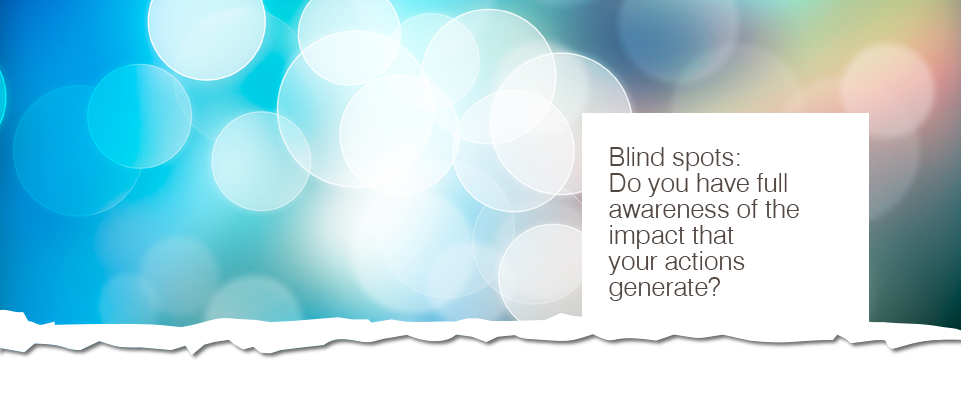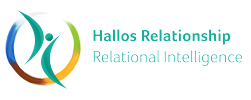To acquire this awareness was essential for my personal, professional and spiritual growth.

Benefits of using Hallos Relationship
What do people say when using Hallos Relationship
Blind spots: Do you have full awareness of the impact that
How do we establish relationships: Friendliness, Antipathy
Why do we have difficulties in establishing relationships

Are you fully aware about everything you do and the impact it has on others?
Have you come across a situation during which someone complains about your
behaviour and you do not remember? Usually when you become aware that you
actually acted like that, you say that you do not realize what happened or that you
did not intend to cause this conflict. But the fact is that it happened and it is our
responsibility to understand what led to that situation and how is the best way to
work this issue, so that such events will not repeat in the future.
It happens to all people in different levels. The Scottish poet Robert Burns, for
example, has said that we do not see ourselves as others see us. In a poem quoted by Daniel Goleman in his book Focus, he says:
"Oh, the gods should
Give us the capacity
To see ourselves
As others see us."
Actually we are not aware about many of our actions, whether positive or negative. It is very common, during workshops, to work this issue when a participant takes a certain attitude and we ask the group to expose its perception on what happened.
In general, what is perceived by the group differs from what is reported by those
who took the attitude. These unconscious behaviours are called Blind Spots and they are responsible for much of the interpersonal conflicts that we have. The Blind Spots vary from individual to individual, according to their personal style, maturity level and especially their self-awareness level.
Individuals who are more self-conscious have a high level of empathy and
understanding of their interactions with each other and the impact that their
behaviours cause to the people around them.
Scholars such as Gardner, George, Church and Tekleab, proved through scientific
researches that self-consciousness significantly enhances perception of individuals
and improves their personal relationships and as leaders.
One of Hallos Relationships’ goals is to increase your awareness of your personal style and the impact you cause in your professional and personal relationships and so that executives can better deal with diversity in their interpersonal relationships, improving training and leadership of their teams.

